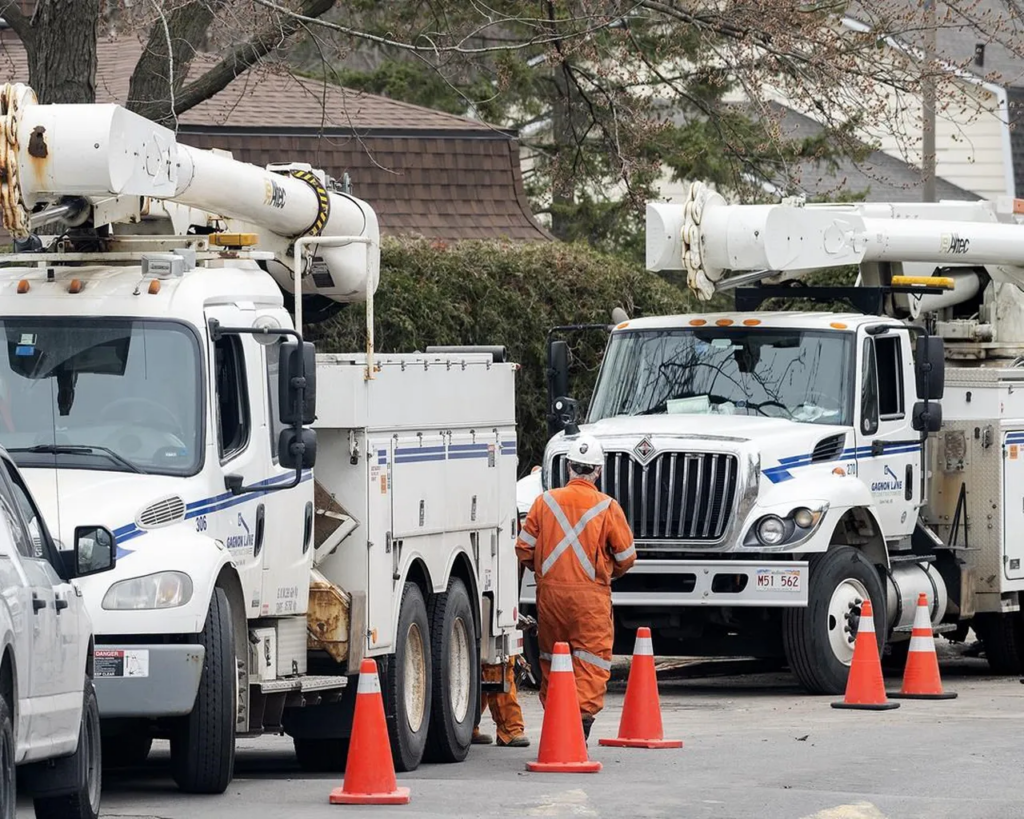
A pro-Russian hacker group has claimed responsibility for a cyberattack that rendered the website and mobile application of Quebec’s power utility offline. As of Thursday, the utility was working to restore the website and app.
At approximately 3 a.m., Hydro-Québec was the target of a denial-of-service attack — when assailants flood an internet server with traffic and overwhelm it, causing it to collapse.
A spokesman for the province-owned utility stated that while the attack disabled the company’s website and mobile application, it did not affect any critical systems.

“It had no effect on our production, transmission, or distribution of electricity,” said Francis Labbé in an interview, adding that no personal information was compromised.
As an analogy, the Hydro spokesperson compared the situation to individuals protesting outside a building without entering.
“They did not take any information from us,” stated Labbé. Unfortunately, an intrusion on our website has rendered it inaccessible to our consumers.
Cyberattacks have been launched against Canadian websites in recent days, with pro-Russian groups claiming responsibility. The websites of Prime Minister Justin Trudeau, the Port of Québec, and Laurentian Bank were among the targets.

On Tuesday, Trudeau stated that it is not unusual for Russian hackers to target nations that support Ukraine in its conflict against Russia, especially when those nations host high-level Ukrainian delegations, as Canada did earlier this week.
NoName057 (16), a pro-Russian cyber organization, claimed responsibility for the attack on Hydro-Québec. The hacker group, which reportedly acted on Moscow’s directives, has previously launched numerous cyberattacks against the United States and its allies.
Labbé stated, “We saw a tweet from an organization claiming responsibility for the attack.” First, we will focus on restoring order, and then we will conduct our investigation.
It is a reminder, according to Labbé, that these types of attacks are becoming more frequent. 300 individuals are working in the utility’s information technology department to restore the compromised website and mobile application. We’re working diligently to get everything restored as soon as possible, but it’s difficult for us to give you an exact timeline.
